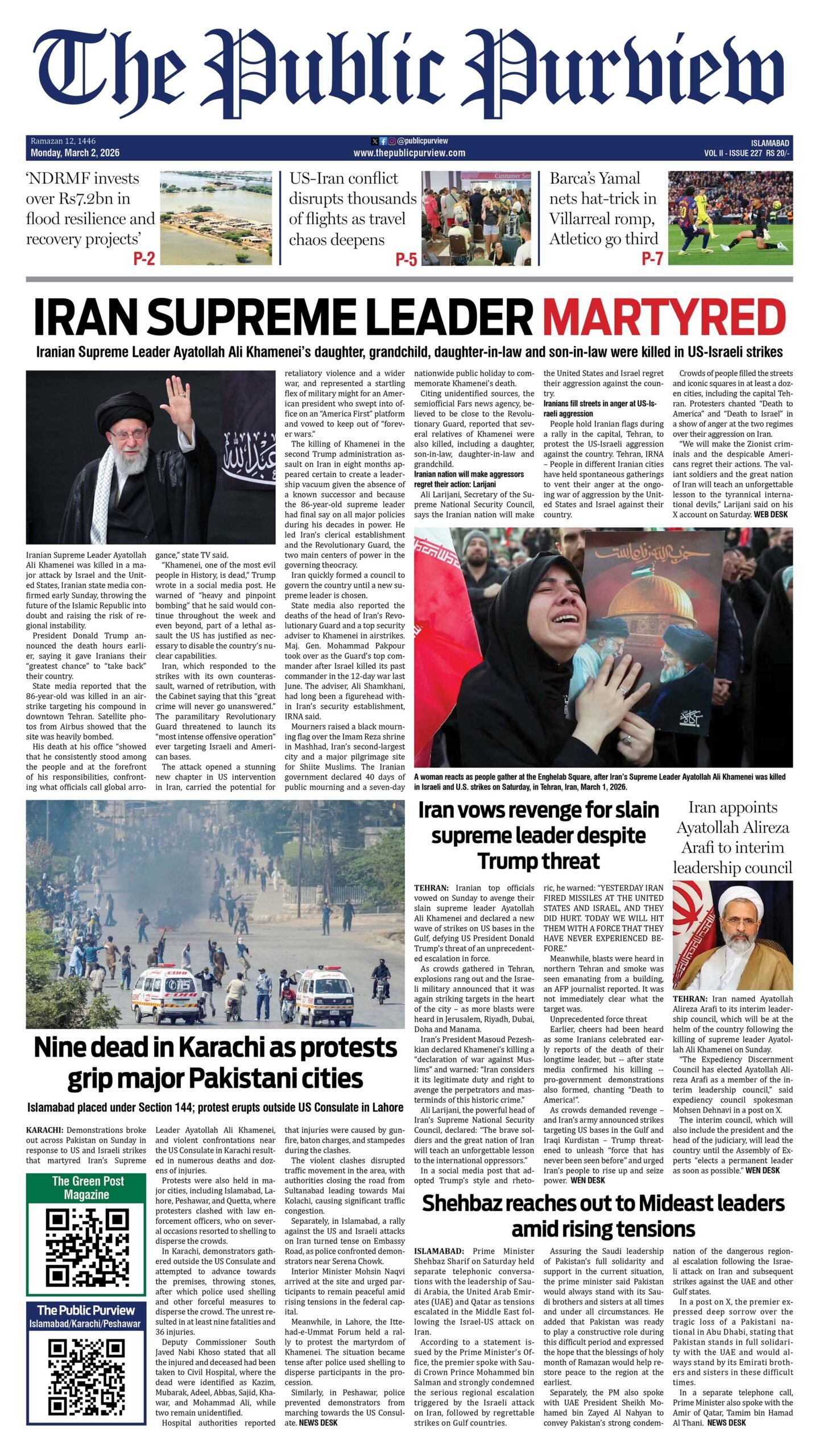RAWALPINDI — The Rawalpindi Chamber of Commerce and Industry (RCCI) has firmly rejected recent media claims suggesting that Pakistan’s salaried class contributes more to the national tax pool than exporters, wholesalers, and retailers. RCCI President Usman Shaukat described the reports as misleading and based on incomplete data, warning that such narratives distort public understanding of the country’s tax structure.
Indirect Taxes Dominate Pakistan’s Revenue System
“The business community is the backbone of Pakistan’s economy and contributes the largest share of taxes,” Shaukat stated. He emphasized that nearly 60% of Pakistan’s tax system is built on indirect taxation, which is ultimately paid by consumers and businesses alike.
Misrepresentation of Salaried Class in Tax Data
Shaukat clarified that many salaried individuals work in the private sector, where their wages are funded by businesses. “Separating salaried employees from the business ecosystem in tax statistics creates a flawed picture,” he said. “It ignores the fact that salaries are paid by exporters, wholesalers, and retailers who are already contributing significantly to the tax net.”
RCCI Calls for Rationalized Tax Policy
Reiterating RCCI’s long-standing position, Shaukat advocated for fair and balanced tax rates across all segments, including the salaried class. “Lower and rational taxes stimulate business growth, expand economic activity, and ultimately increase overall revenue collection,” he noted.
Regional Comparison Highlights Income Threshold Gap
Addressing concerns raised by salaried workers, Shaukat pointed to the narrow gap between Pakistan’s minimum wage and taxable income thresholds. He contrasted this with India, where the minimum taxable income exceeds INR 300,000, suggesting Pakistan’s thresholds may be disproportionately low.
Business Sector’s Dominant Role in Tax Collection
Citing official figures, the RCCI president noted that Pakistan collected over Rs. 12 trillion in taxes during the last fiscal year, with only Rs. 600 billion attributed to the salaried class. For the current fiscal year (2025–26), the Federal Board of Revenue (FBR) has set a target of Rs. 14.3 trillion. “If the salaried segment contributes just a fraction, where does the rest come from? It’s the business community that bears the weight—through direct, indirect, and super taxes,” he emphasized.
RCCI Defends Traders’ Role in Economic Stability
The RCCI’s response aims to correct public misconceptions and highlight the critical role of traders and entrepreneurs in sustaining Pakistan’s fiscal framework.
Read more stories on the economy here: https://thepublicpurview.com/category/business-news/
Stay updated with verified reports, impactful headlines, and real-time coverage. We bring you trusted news from across Pakistan and beyond. For full stories, in-depth analysis, and exclusive updates, follow or visit our website. Your source for credible journalism, national resilience, and the voices that matter most—delivered with clarity, urgency, and integrity.
For climate-related stories, visit: The Green Post







 Today's E-Paper
Today's E-Paper